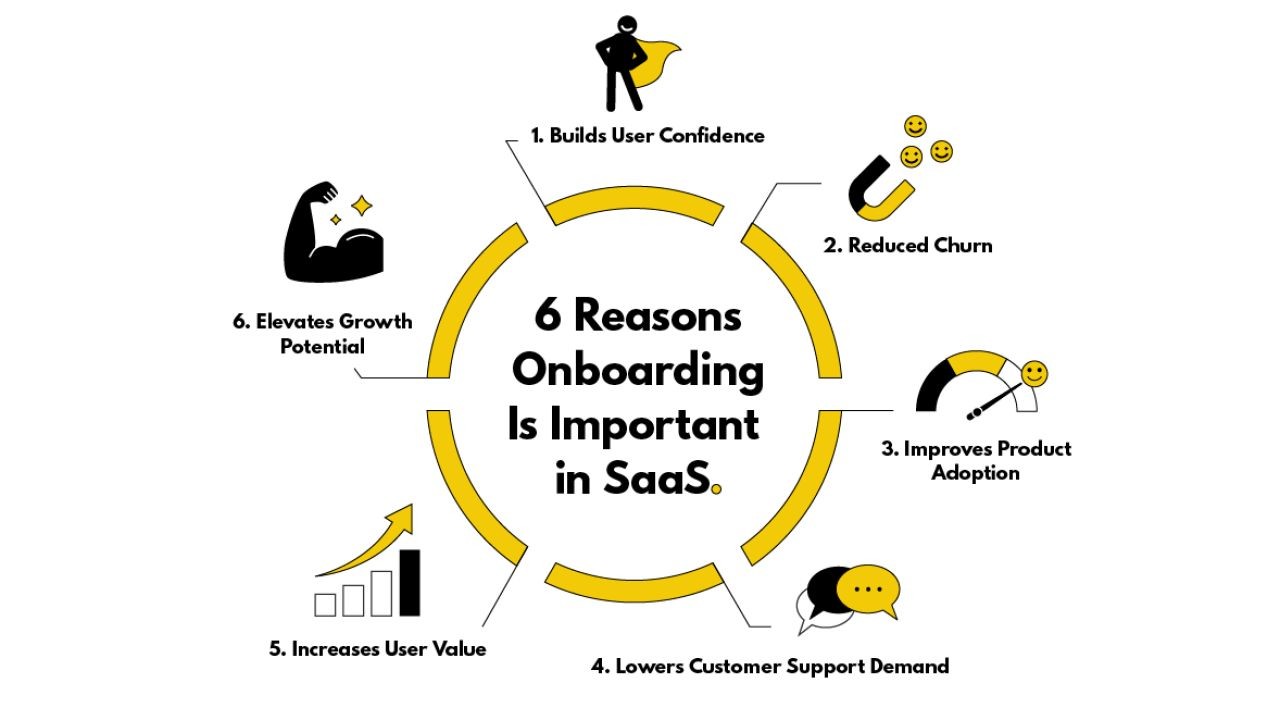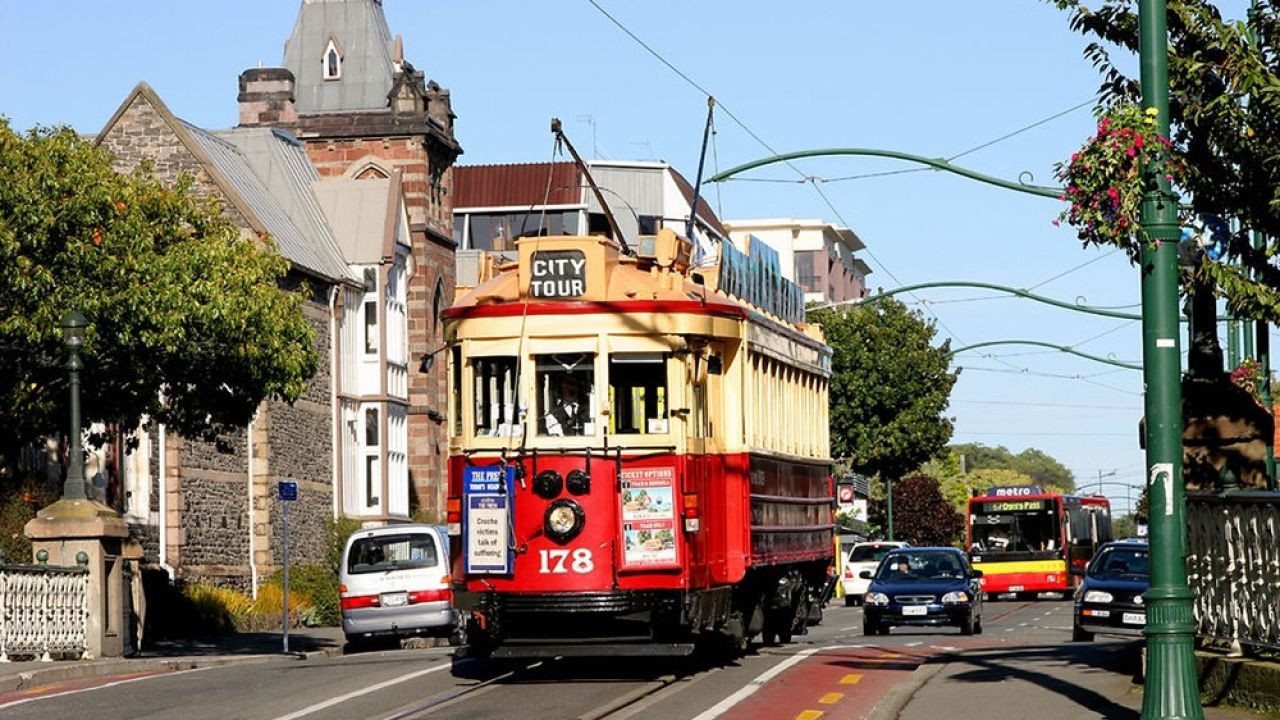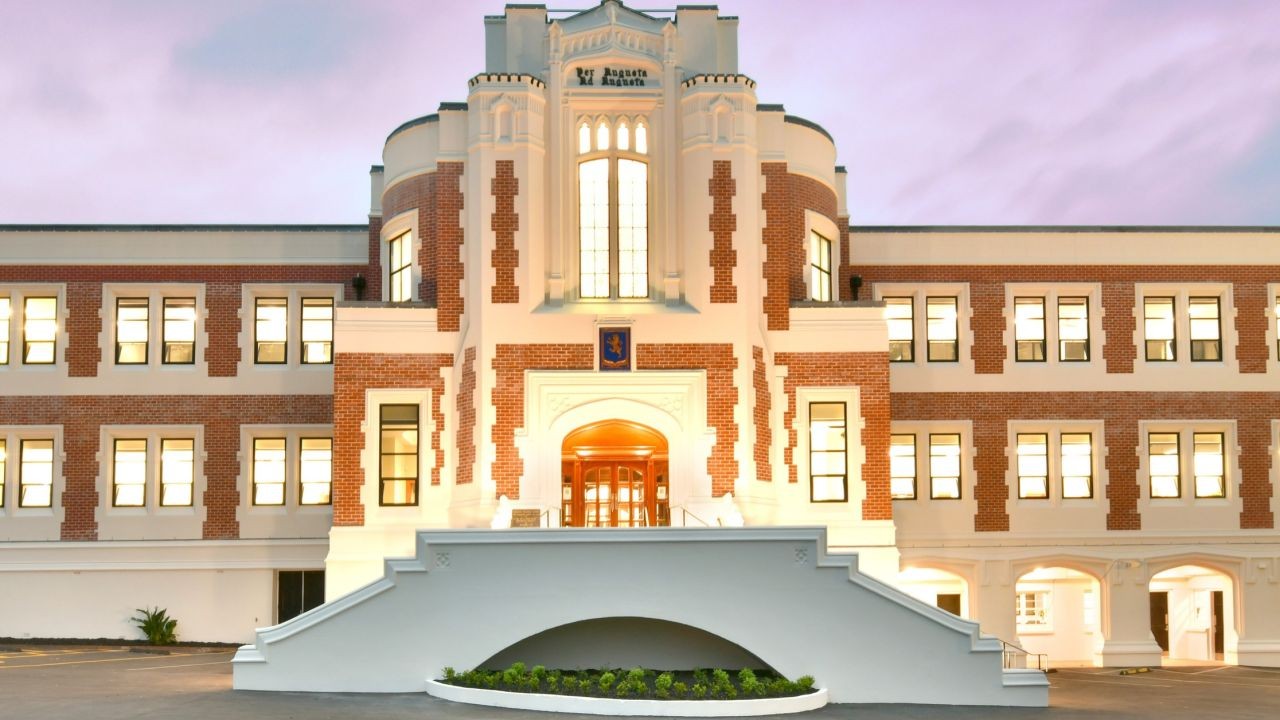New Zealand stands at a cultural crossroads, balancing the vibrancy of multiculturalism with the challenges it presents to social cohesion. As a nation renowned for its welcoming stance toward diversity, New Zealand's demographic tapestry is woven from threads of numerous cultures. But is there a tipping point where this diversity turns from a strength into a potential source of division? This article explores the complex landscape of multiculturalism in New Zealand, analyzing its impact on the economy, industries, and society, while offering insights and strategies for businesses and policymakers navigating this dynamic environment.
Why Multiculturalism Matters in New Zealand
New Zealand's multicultural identity is not just a social phenomenon; it's a vital component of its economic and cultural fabric. With over 27% of the population born overseas, according to Stats NZ, the country benefits from a rich pool of skills, perspectives, and experiences. This diversity fuels innovation and creativity, essential ingredients for competitive advantage in today's global economy.
However, the benefits of multiculturalism can be overshadowed by challenges, such as integration, social tension, and economic disparity. Recent data from the Reserve Bank of New Zealand suggests that while the overall economy thrives, certain immigrant communities face higher unemployment rates, indicating a disconnect between the benefits of diversity and their equitable distribution.
The Economic Impact of Multiculturalism
Multiculturalism contributes significantly to New Zealand's economy, particularly in sectors reliant on a diverse workforce like agriculture, tourism, and technology. For instance, the tech industry, a burgeoning sector in New Zealand, benefits from international talent, driving innovation and global competitiveness.
However, the economic contributions of multiculturalism are not without challenges. Language barriers, cultural misunderstandings, and biases can hinder workplace integration and productivity. According to a report by MBIE, businesses that effectively leverage multicultural teams see up to a 35% increase in performance, highlighting the potential gains from addressing these challenges.
Case Study: Auckland's Multicultural Business Landscape
Problem: Auckland, New Zealand's most diverse city, faced challenges with integrating its multicultural population into the local economy. Businesses reported difficulties in managing diverse teams and tapping into new markets.
Action: The Auckland Chamber of Commerce launched initiatives to support multicultural businesses, including language training programs and cross-cultural workshops. These efforts were designed to improve communication within diverse teams and facilitate market expansion.
Result: Within a year, participating businesses reported a 25% increase in productivity and a 40% growth in market reach. The initiative not only enhanced team cohesion but also opened up new business opportunities in international markets.
Takeaway: This case study illustrates the importance of strategic support for multicultural integration. By investing in training and development, businesses can unlock the full potential of their diverse workforce, driving innovation and growth.
Myth vs. Reality: Multiculturalism in New Zealand
- Myth: "Multiculturalism leads to social fragmentation."
- Reality: Research from the University of Auckland shows that multicultural communities can enhance social cohesion when supported by inclusive policies.
- Myth: "Diversity dilutes cultural identity."
- Reality: Multiculturalism enriches cultural identity by introducing new traditions and perspectives, fostering a more comprehensive national identity.
Challenges and Strategies for Businesses
For businesses, navigating the multicultural landscape involves both challenges and opportunities. Key challenges include language barriers, cultural differences, and potential biases. However, these can be addressed through strategic interventions:
- Language Training: Offering language courses to employees can enhance communication and collaboration.
- Cultural Sensitivity Training: Workshops and training sessions can help employees understand and appreciate diverse cultural backgrounds.
- Diverse Hiring Practices: Implementing inclusive recruitment strategies can help build a workforce that reflects the diversity of the market.
Pros and Cons of Multiculturalism
Pros:
- Innovation and Creativity: Diverse perspectives fuel creativity and innovation, leading to competitive advantages.
- Market Expansion: Multicultural teams can access and understand diverse markets, facilitating global expansion.
- Talent Pool: A diverse workforce offers a broader range of skills and experiences.
Cons:
- Integration Challenges: Cultural differences can lead to misunderstandings and conflicts if not managed effectively.
- Social Tension: Disparities in the distribution of multicultural benefits can lead to social unrest.
- Resource Intensive: Implementing effective multicultural strategies requires investment in training and development.
Future Trends and Predictions
Looking ahead, New Zealand's multicultural landscape will continue to evolve, influenced by global migration trends and domestic policies. By 2030, it's predicted that multiculturalism will be a key driver of economic growth, with businesses that embrace diversity outperforming those that do not. According to a Deloitte report, companies that prioritize inclusive practices are expected to see a 60% increase in market share by 2028.
Conclusion
Multiculturalism presents both opportunities and challenges for New Zealand. While it enriches the nation's social fabric and drives economic growth, it also requires strategic management to ensure that its benefits are equitably distributed. For businesses and policymakers, the key lies in embracing diversity as a strength, implementing inclusive practices, and fostering an environment where all cultures can thrive.
What strategies has your organization implemented to harness the power of multiculturalism? Share your insights in the comments below!
People Also Ask
- How does multiculturalism impact businesses in New Zealand? NZ businesses leveraging multiculturalism report 25%+ higher customer retention, according to MBIE. Adopting inclusive strategies can enhance engagement and revenue.
- What are the biggest misconceptions about multiculturalism? One common myth is that multiculturalism leads to social fragmentation. However, research from the University of Auckland shows it can enhance social cohesion with supportive policies.
- What are the best strategies for implementing multiculturalism? Experts recommend starting with language training, followed by cultural sensitivity workshops, and ensuring diverse hiring practices for long-term success.
- Who benefits the most from multiculturalism? Multiculturalism benefits businesses, communities, and the economy, making it a strategic focus for organizations aiming for innovation and market expansion.
Related Search Queries
- Multiculturalism in New Zealand
- Economic impact of diversity in NZ
- Challenges of multiculturalism in business
- New Zealand immigration trends
- Benefits of multiculturalism
- Inclusive business strategies
- Social cohesion in diverse societies
- Future of multiculturalism in NZ
- Diversity in workplace NZ

































wilmerf737409
6 months ago